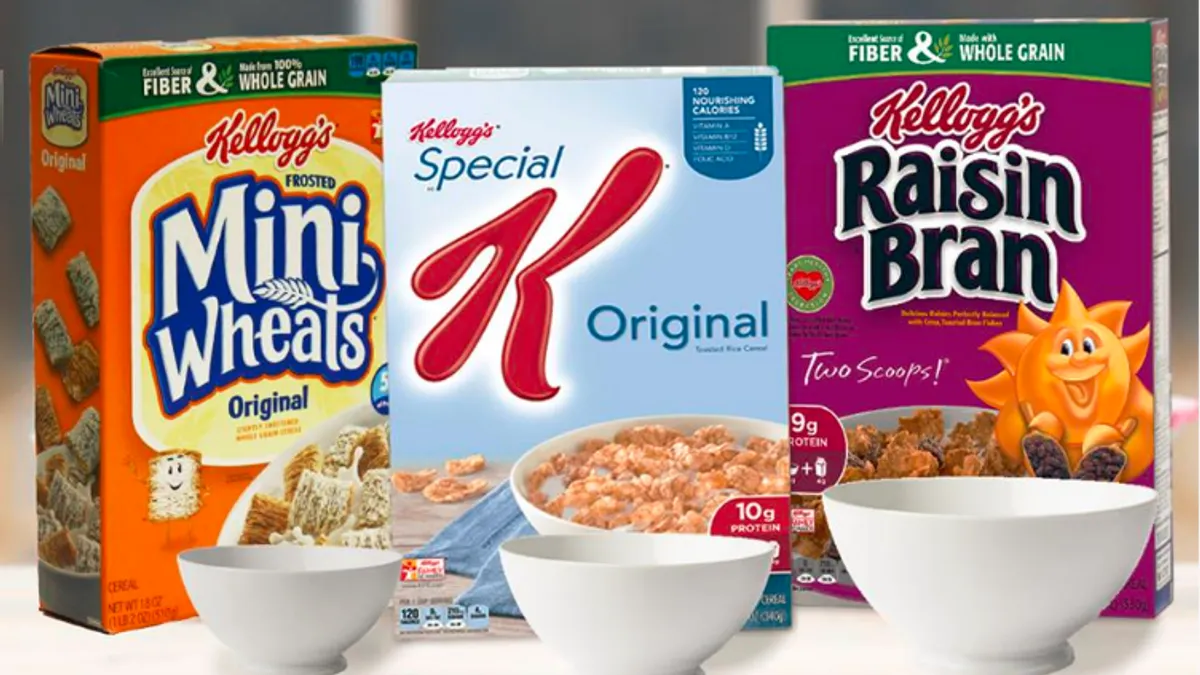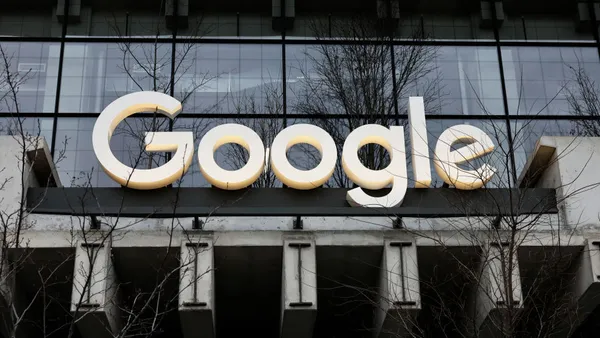Dive Brief:
- Kellogg Co. joined a growing list of marketers to sever business ties with the conservative site Breitbart, citing "values," joining ModCloth, SoFi, Salsify, Nest and programmatic platform AppNexus, according to AdExchanger. Breitbart is retaliating by asking readers to boycott Kellogg.
- DoubleVerify, which authenticates digital media quality, hopes to fill the need for control over where ads appear with a new tool that eliminates ads from sites that promote inflammatory, politically charged stories, often using unsubstantiated claims, the company said in a release.
- Traffic to several hundred fake news sites has nearly doubled in the last month, per DoubleVerify.
Dive Insight:
While the growth in automated buying has been welcome for its ability to increase efficiency, marketers have complained about their lack of control over where their ads show up. Concern reached new heights in the aftermath of the recent presidential election, with multiple reports that fake news may have helped sway the results.
As the rhetoric continues to heat up around political and social topics, some marketers are hoping to avoid associating their brands with certain views for fear of damaging their brands. Whether intentionally or not, marketers are also undercutting the financial viability of fake news sites by removing their ads, typically the major source of revenue for publishers.
DoubleVerify’s new tool has the potential to pull even more ads from fake news sites by enabling advertisers to filter out Breitbart, YoungCons, WND, Liberty Writer News and RawStory, per AdExchanger. The filter includes both liberal and conservative fake news sites. The company’s ad quality solutions have been accredited by the Media Ratings Council and are available to all of the major programmatic buying platforms.
Even before the latest advertiser defections, the growing backlash against fake news forced Facebook, which previously took a hands-off approach to the issue, to take notice. Last month, CEO Mark Zuckerberg released a post outlining steps the social media giant is taking to combat the problem of fake news on its site. Facebook is likely responding to advertiser complaints as much as user complaints, with a recent Forbes report suggesting that fake news posts could have accounted for up to half of Facebook's ad revenue during the election period.















